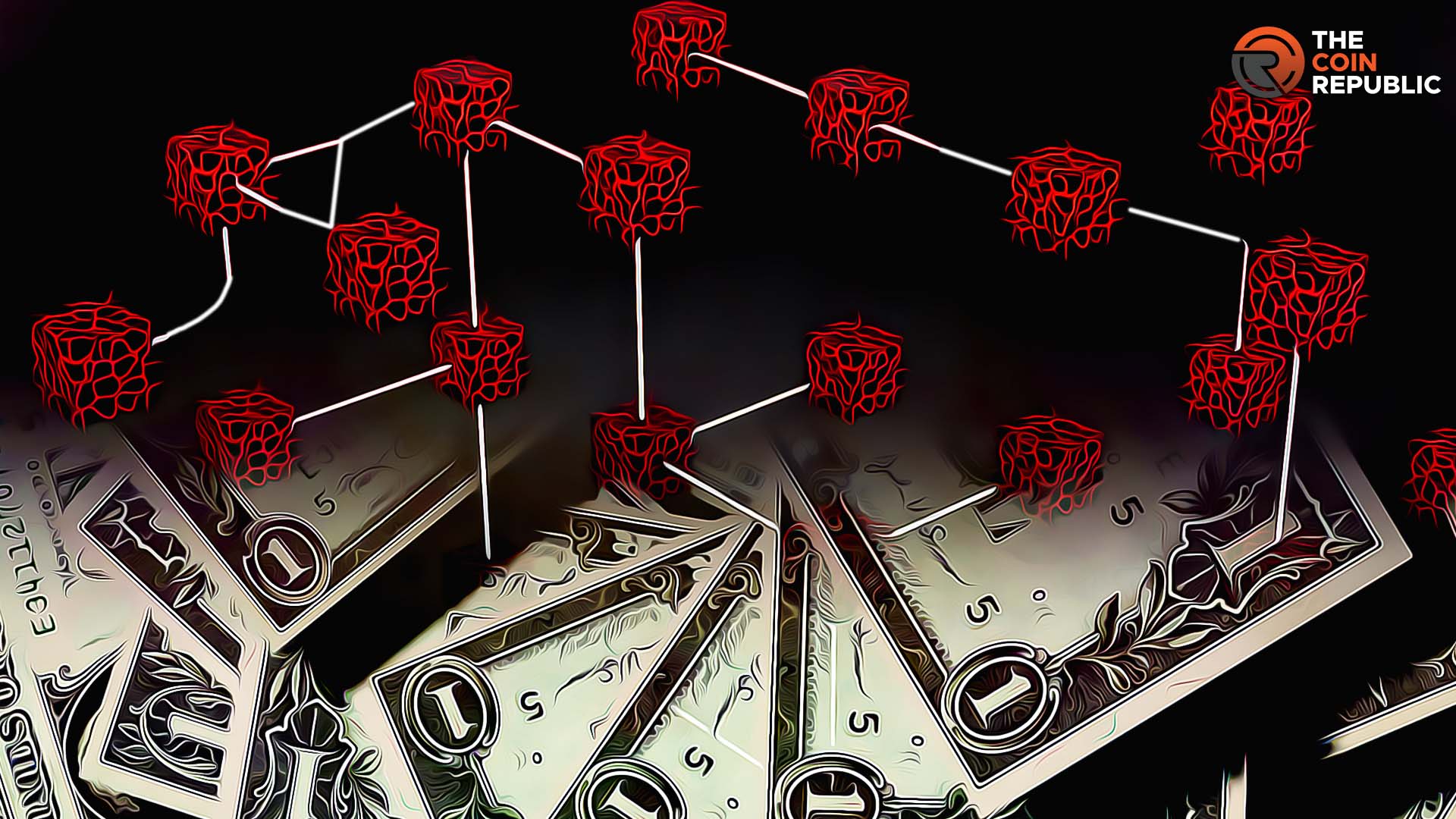Security Tips to Avoid Crypto Scams

The crypto market is ripe with lucrative investment prospects, but fraud and other security flaws continue to plague the sector. Therefore learn ways to avoid crypto scams is now important.
How can you protect yourself from falling victim to cryptocurrency scams? How do you keep your personal crypto information uncompromised? See the following tips:
Determine the Validity of an Initial Coin Offering (ICO)
Investing and trading are two different activities. However, ICOs are entering the trading space since they are marketed to those with low crypto experience.
It is hard to resist the lure of a promising ICO. However, this is where many inexperienced traders (and investors) fall prey to scammers.
Ways to spot fake ICOs include:
- Looking at the people behind the site
- Read more about the company’s history
- Go through their social media pages for clues
- To verify that the ICO has sufficient resources, a feasible implementation plan and an accurate financial model
- Query code or samples that have been posted to a hosting service like GitHub
- Confirms that the ICO’s creators have established an actual escrow service to handle investor funds
- Research before you act on a deal that sounds too good to be true
Use a program to cover your tracks on the internet
You can also avoid crypto scams by cleaning up your internet tracks. A person’s online activities leave a trail known as a digital footprint. In other words, almost everything you publish or post on the internet is registered.
Information you enter into social media accounts, things you search for on Google, login details and so on are stored.
Hackers can use these to crack your private data. Therefore, the safety of your crypto assets is at stake. So you should block this loophole at all costs to avoid crypto scams.
You can hide your digital footprints by using virtual private networks (VPNs). In this way, you hide your virtual identity and prevent third parties from monitoring your online activities.
Make sure you keep track of your account activity
You should take the time to thoroughly inventory your cryptocurrency holdings. Check your logins, wallets and other accounts where you may have information about crypto assets. Failure to do so puts your financial security at risk.
First, check your mailbox carefully to see which cryptocurrency platforms you joined. Afterwards, take these up where you feel is safest for you. It can be on paper or electronically.
You can follow all activities when you have a thorough understanding of all your accounts. And it will be easy to react quickly in case of something fishy.
Restrict access to your API keys and implement two-factor authentication
Two-factor authentication improves the security of your online profile by requiring information other than your password,
Using SMS 2FA is not advisable today due to the possibility of eavesdropping. Instead, crypto experts recommend Google Authenticator. The app works even when you are not connected to the internet.
It is also recommended to restrict access to the API keys from specific IP addresses. This limitation is especially important if you use a third-party app to facilitate and assist your transactions. That way, even if someone discovers your keys, they won’t be able to access your account.
Don’t keep all your money in the stock market
In 2019, hackers stole nearly $4.2 million worth of cryptocurrencies from Bitrue – a Singapore-based crypto exchange. So you as an individual must be careful if such an established platform can be hacked.
Cryptocurrency exchange platforms have fallen victim to hacks and other security vulnerabilities over the years. Many of their user accounts were frozen or perhaps compromised as a result.
Because of this, you should not trust any cryptocurrency exchange platform with your tokens. Instead, put it in a secure wallet.
You can choose any of the following wallets:
- A paper wallet
- A cold wallet
- A warm wallet
- A mobile wallet
The crypto community best recommends a cold wallet (also known as a hardware wallet). In it, your keys are safely stored in an unconnected device thanks to a Secure Element (SE) chip.
Beware of phishing emails
Another way to avoid crypto scams is to be aware of stealing emails. Hackers are becoming more sophisticated in their attempts to gain access to sensitive information via phishing. As a result, you should always exercise caution when clicking on links in emails you receive.
These phishing emails often impersonate reputable businesses to make them difficult to spot. But you can identify and avoid them by:
- Verify the domain name of a website before entering personal information
- Be suspicious of any communication that asks for confirmation of sensitive information
- Treat any attachments from unknown emails with suspicion as they may contain malware
Final thoughts
Don’t make it easy for hackers to scam you out of your hard earned money. Hacking skills will be even better. But taking basic safety precautions will keep you one step ahead in your crypto journey.
























